Mondays: Memories of Memories
Terence Davies & Hou Hsaio-Hsien
Programmed by Edo Choi and Haley Markbreiter; Co-sponsored by the Nicholson Center for British Studies
Essay by Haley Markbreiter
Hou Hsiao-Hsien is the best living filmmaker in Taiwain. Terence Davies is the best living filmmaker in England. Both men share similar obsessions: lost cultural histories, children, childhood, memory, and the intersections between personal and public history. For instance: "A Time to Live and a Time to Die" (by Hou) is the story of the wave of immigrants forced to flee the mainland for Taiwan during the Cultural Revolution. It is also, in part, an autobiography: Hou also grew up in a small Taiwanese town with parents who struggled to adjust to their new home. Likewise, "Distant Voices, Still Lives" (by Davies) is both the story of post-war, working class, English city life, and of Davies' own experience of it. The soundtrack is all music that Davies used to listen to – Hoagy Carmichael, Benjamin Britten. The movies he loved (musicals). His father (domineering, Catholic, traumatized by the war).
Both directors offer competing cinematic accounts of memory. Hou's framing (five to ten yards away from his characters) and narrative style (episodic, important plot points presented casually or abruptly) feels like lived experience, in which the things that we'll remember most just happen... all of a sudden. On the other hand, Davies' obsession with exquisite, static, artificial tableaus replicate those "spots of time" retrospectively, moments that we return to so often that they begin to swell – with lush, orchestral music; the camera's eye in a languid tracking shot, moving closer, closer...
Enjoy.
2013-09-30 @ 7:00 PM
The Terence Davies Trilogy
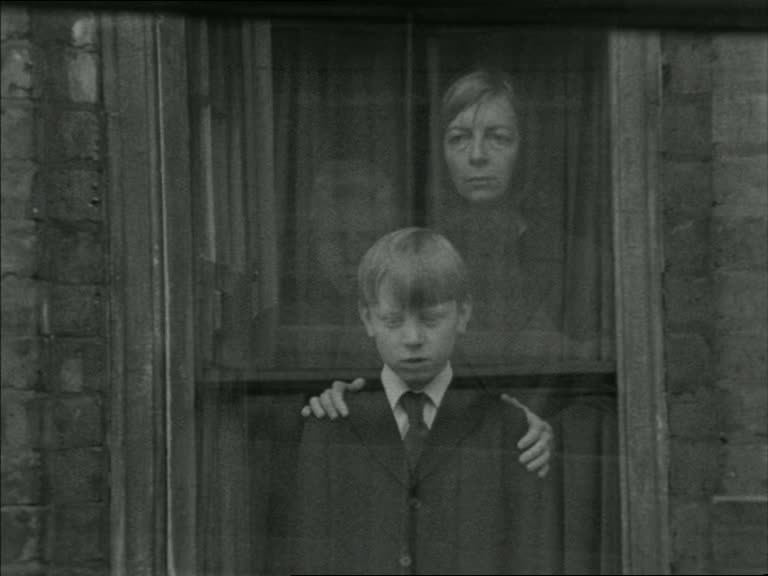
(Terence Davies, 1983) · Composed of three semi-autobiographical narrative shorts ь Children, Madonna and Child, and Death and Transfiguration ь the Trilogy follows Robert Tucker, Davies' alter ego, from his childhood in dismal, post-war Liverpool, through middle age, as he struggles to accept his homosexuality. In the final installment, Davies imagines himself at 80, in a ward, and about to die. Shot in gorgeous black and white, this film invokes the intimacy of a memory.
runtime: 101 min format: 35mm
2013-10-07 @ 7:00 PM
A Time to Live, a Time to Die

(Hou Hsiao-Hsien, 1985) · Based on Hou's own childhood, a Christian family flees to Taiwain after the Mainland goes Communist. Forbidden from going home, the adults struggle to piece new lives together, while their children ь exhilarated by the new world around them ь quickly forget where they were from. Hou's use of long takes, and his ability to track even the smallest shifts in daily routine allow for a fairly accurate ь and devastating ь portrait of old age.
runtime: 138 min format: 35mm
2013-10-14 @ 7:00 PM
Dust in the Wind
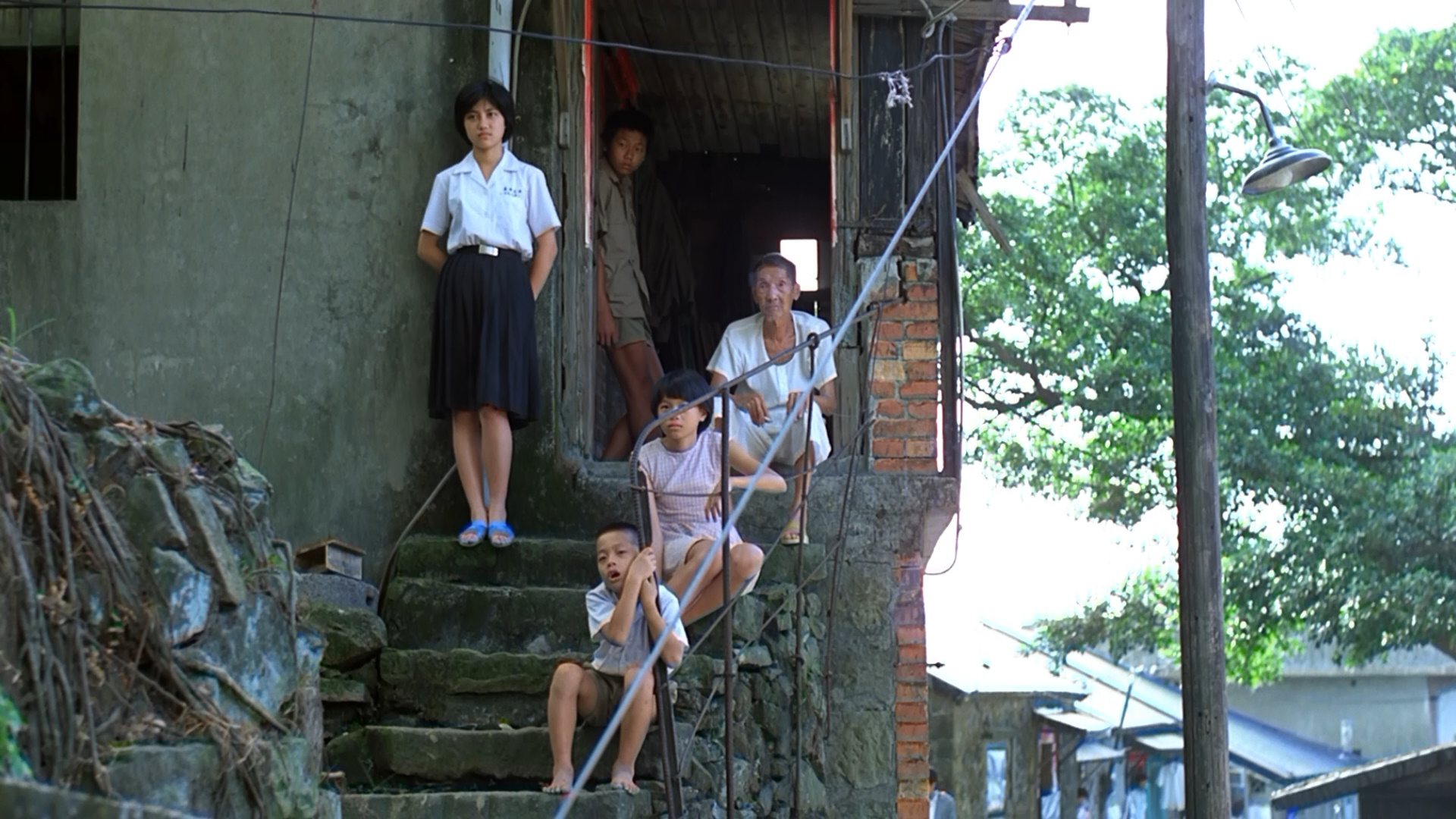
(Hou Hsiao-Hsien, 1987) · Two lovers ь Wan and Huen ь cannot afford to finish high school, and move to Taipei to find work. But the precariousness of being poor, and the alienation of big city life, begins to tear them apart. In one touching episode, Huen is asked for her family's shoe sizes, and pulls out a piece of paper with the outlines of their feet traced on top. Hou narrates in quiet, painterly deep-focus shots, and most of his actors are non-professionals.
runtime: 109 min format: 35mm
2013-10-21 @ 7:00 PM
Distant Voices, Still Lives
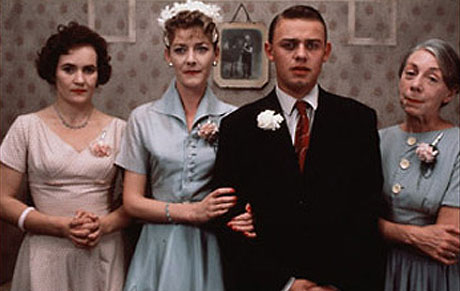
(Terence Davies, 1988) · "Distant Voices, Still Lives" won the 1988 International Critics' Prize at Cannes, and established Davies as the greatest living British filmmaker. It focuses on Davies' father, a brutal tyrant who died when his son was seven. This film, a memory of memories, is filled with music: Gershwin, Fitzgerald pub songs ь the music Davies grew up to. Davies shows how the sentimental can keep us attached to, and help us make sense of, our often dismal lives.
runtime: 85 min format: 35mm
2013-10-28 @ 7:00 PM
City of Sadness

(Hou Hsiao-Hsien, 1989) · "City of Sadness" begins as Japan relinquishes its 51-year colonial rule in Taiwan;;; the film ends with Chiang Kai-Shek's military takeover. These enormous events are told through the daily lives of four brothers, who benefit ь and suffer ь from the new regime. Tony Leung stars as the youngest brother, a centery deaf-mute photographer whose lines are given via intertitles, and who, like Taiwan itself, helplessly struggles to gain independence.
runtime: 157 min format: 35mm
2013-11-04 @ 7:00 PM
The Long Day Closes
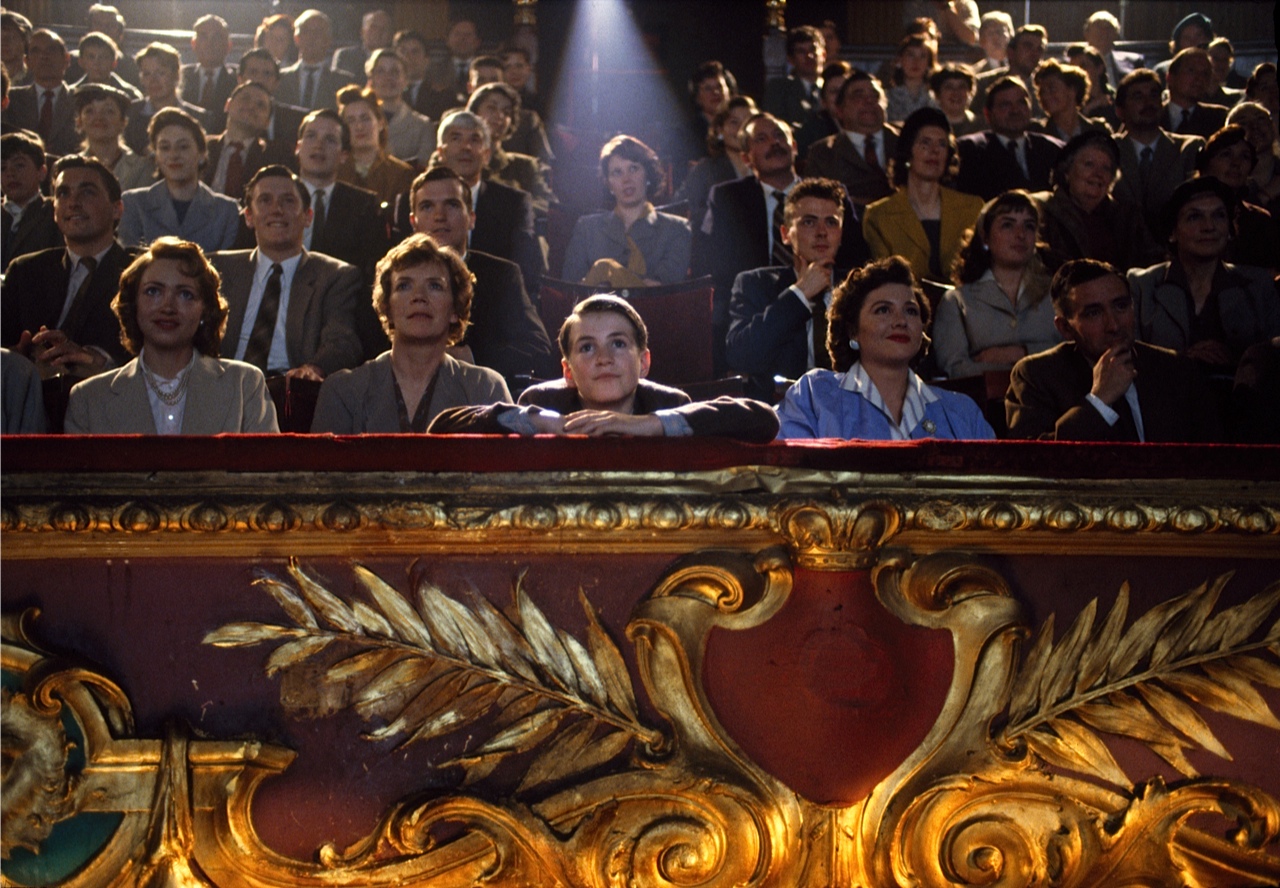
(Terence Davies, 1992) · This "sequel" to _Distant Voices_ follows adolescent Bud as he falls in love with cinema ь in part, to escape schoolyard bullies, postwar poverty, and the traumas of growing up gay in a sexually repressive culture. Examining Bud's relationship with his mother, the film is also a tour de force of impressionistic filmmaking, as ь like the structural recreation of a daydream ь pop music, dissolves, and tracking shots glide from one image to the next.
runtime: 85 min format: Archival 35mm
2013-11-11 @ 7:00 PM
Good Men, Good Women
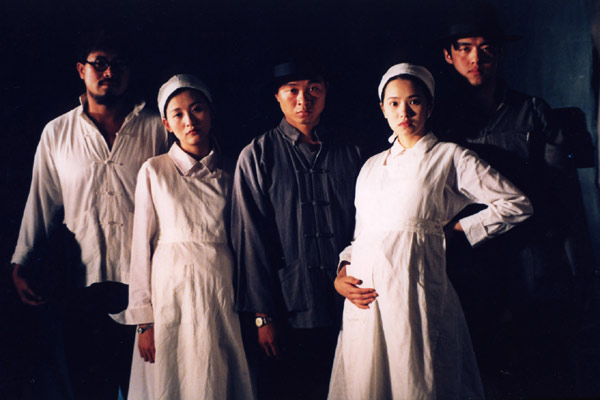
(Hou Hsiao-Hsien, 1995) · This third installment in Hou's unofficial trilogy compares mid-90s Taiwan with its revolutionary past. An actress prepares for her role as an anti-Japanese guerrilla but gets arrested as a subversive after returning to Taiwan. History is turned into speculation ь as the actress wonders what the shoot will be like ь and is both personalized (as war footage mixes with her own memories) and depersonalized through Hou's clinical, perspective-less long takes.
runtime: 108 min format: 35mm
2013-11-18 @ 7:00 PM
Flowers of Shanghai
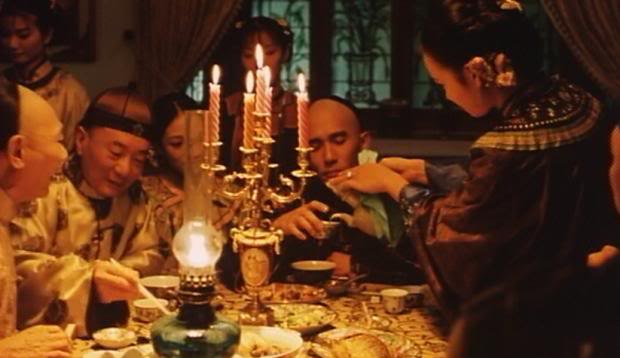
(Hou Hsiao-Hsien, 1998) · It is widely agreed that "Flowers of Shanghai" is both a masterpiece ь one of the most beautiful films ever made ь and that it is inscrutable. Set in 1880's Shanghai, the film takes place in one of its premier brothels, and, to replicate its smoky, stifling claustrophobia, was shot inside. Opening with an incredible seven-minute take, Hou follows the girls as they struggle to keep patrons, try to buy their freedom, fight fading looks, and fall in love.
runtime: 125 min format: 35mm
2013-11-25 @ 7:00 PM
The House of Mirth
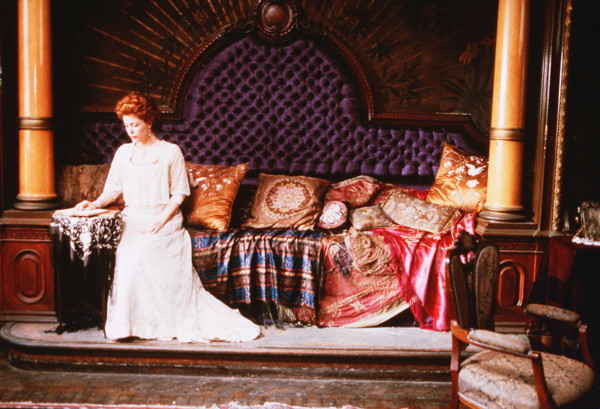
(Terence Davies, 2000) · In this Edith Wharton adaptation, Lily Bart, our heroine, develops "the reputation of being on the hunt for a husband." But, unable to choose between an "advantageous" (i.e. wealthy) match and a loving, respectful marriage, she slips further and further down the social ladder, surprised at how few people are willing to help a woman who's lost her money, and her prestige. Set in New York at the end of the Gilded Age, its emotions are fiercely contemporary.
runtime:14090 min format: 35mm
2013-12-02 @ 7:00 PM
Of Time and the City
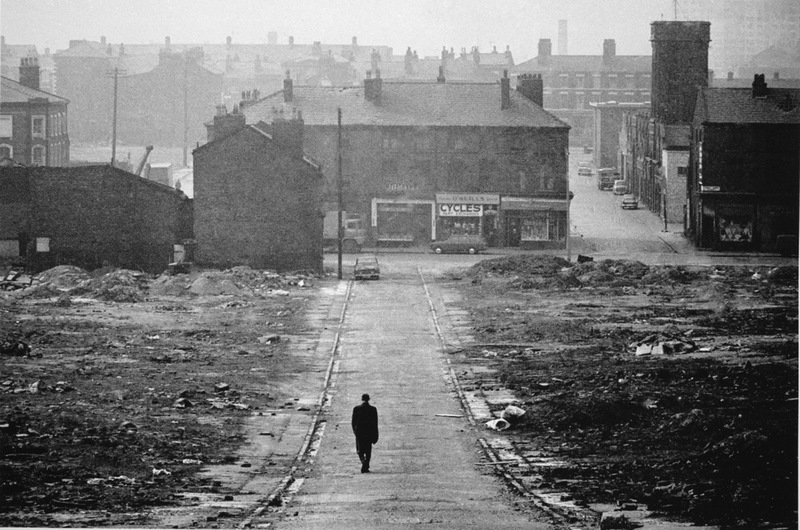
(Terence Davies, 2008) · Davies' first stab at documentary of (what else) postwar Liverpool is a throbbing combo of newsreel footage, Mahler, and his own hoarse voiceovers. "We love the place we hate. Then hate the place we love. We leave the place we love, then, spend a lifetime trying to regain it. Between loving and hating, the real journey starts." When black and white footage bursts into crisp, wonderful color, you'll feel amazed that the present could look so beautiful.
runtime: 74 min format: 35mm



